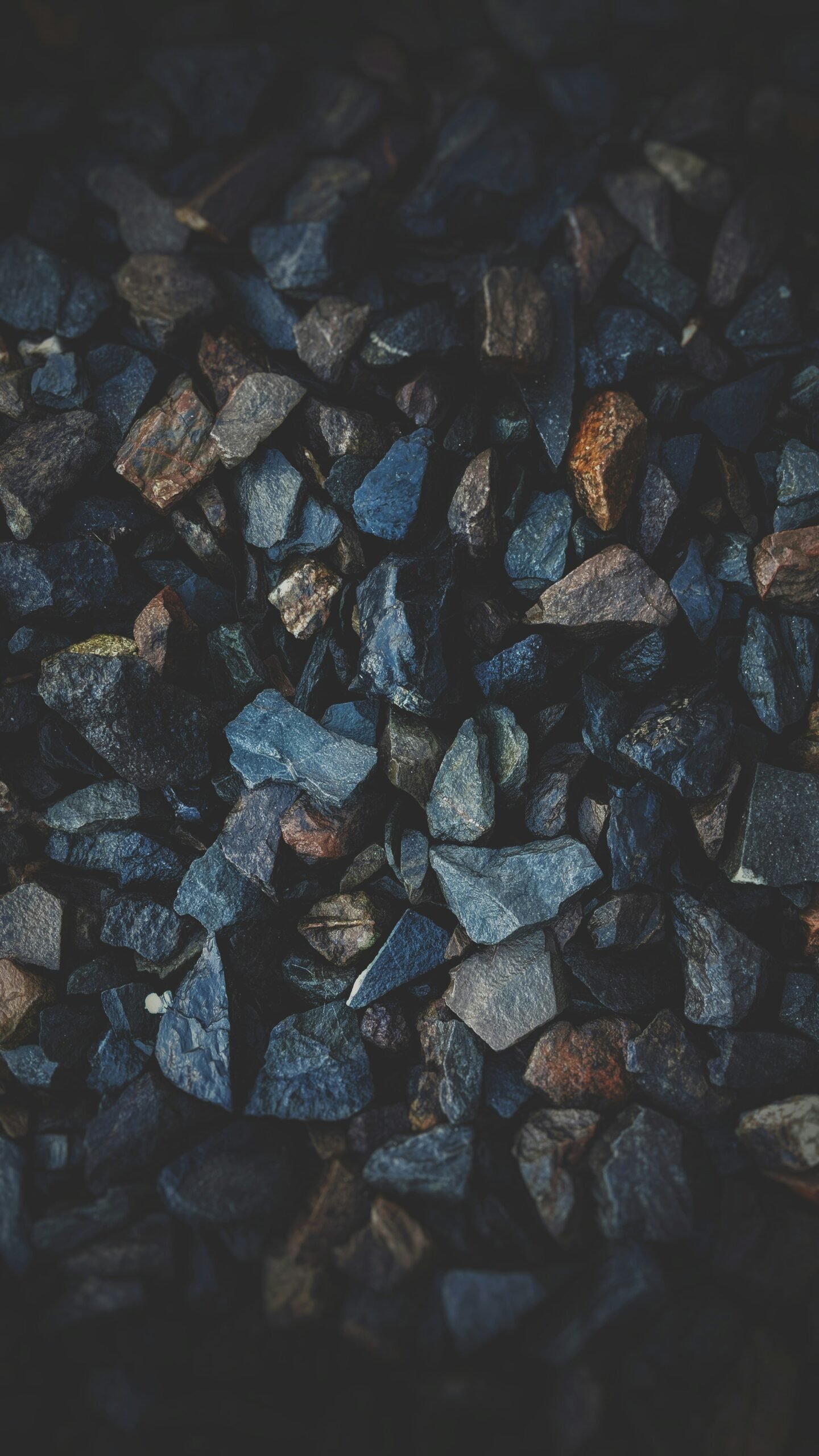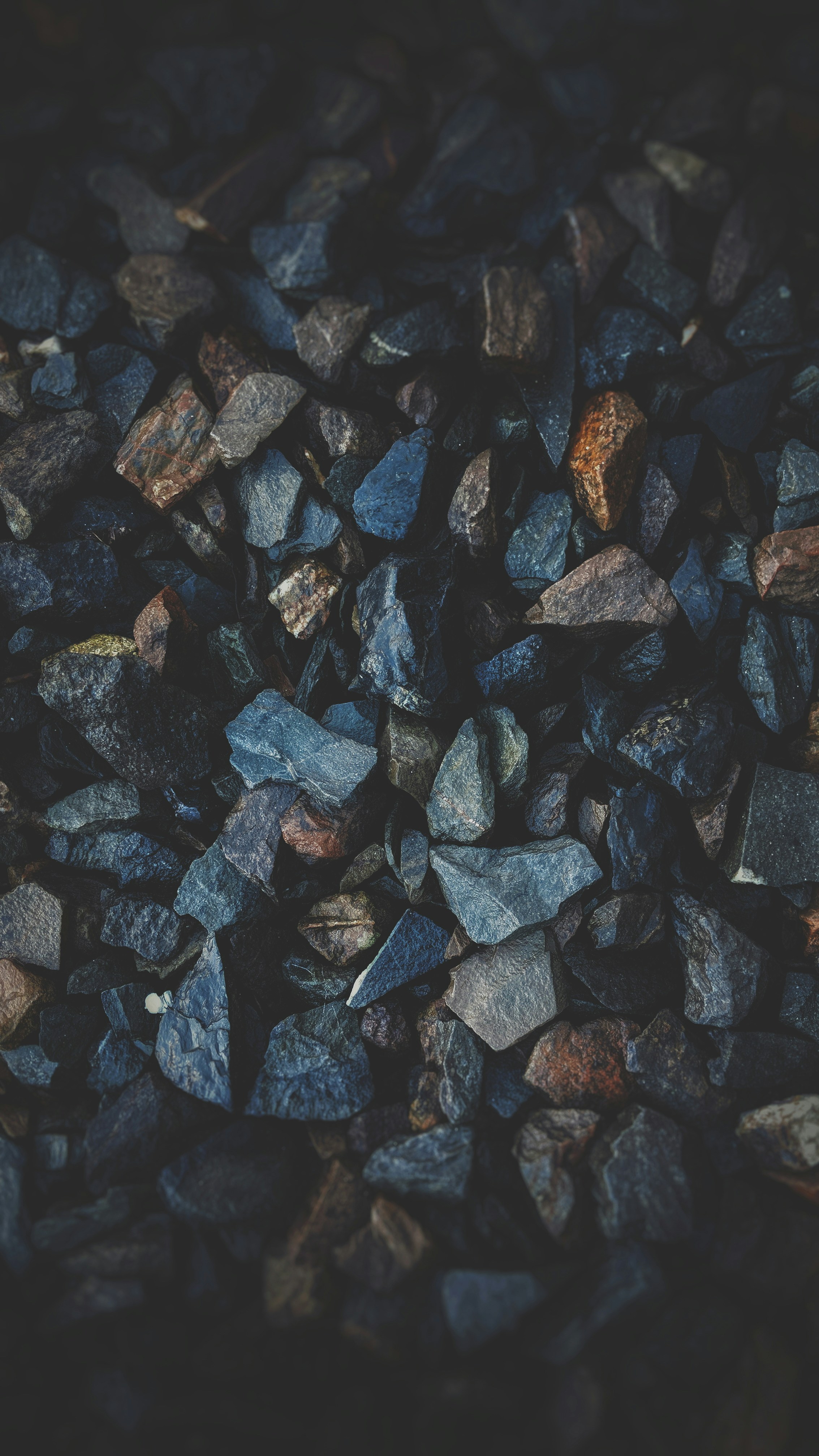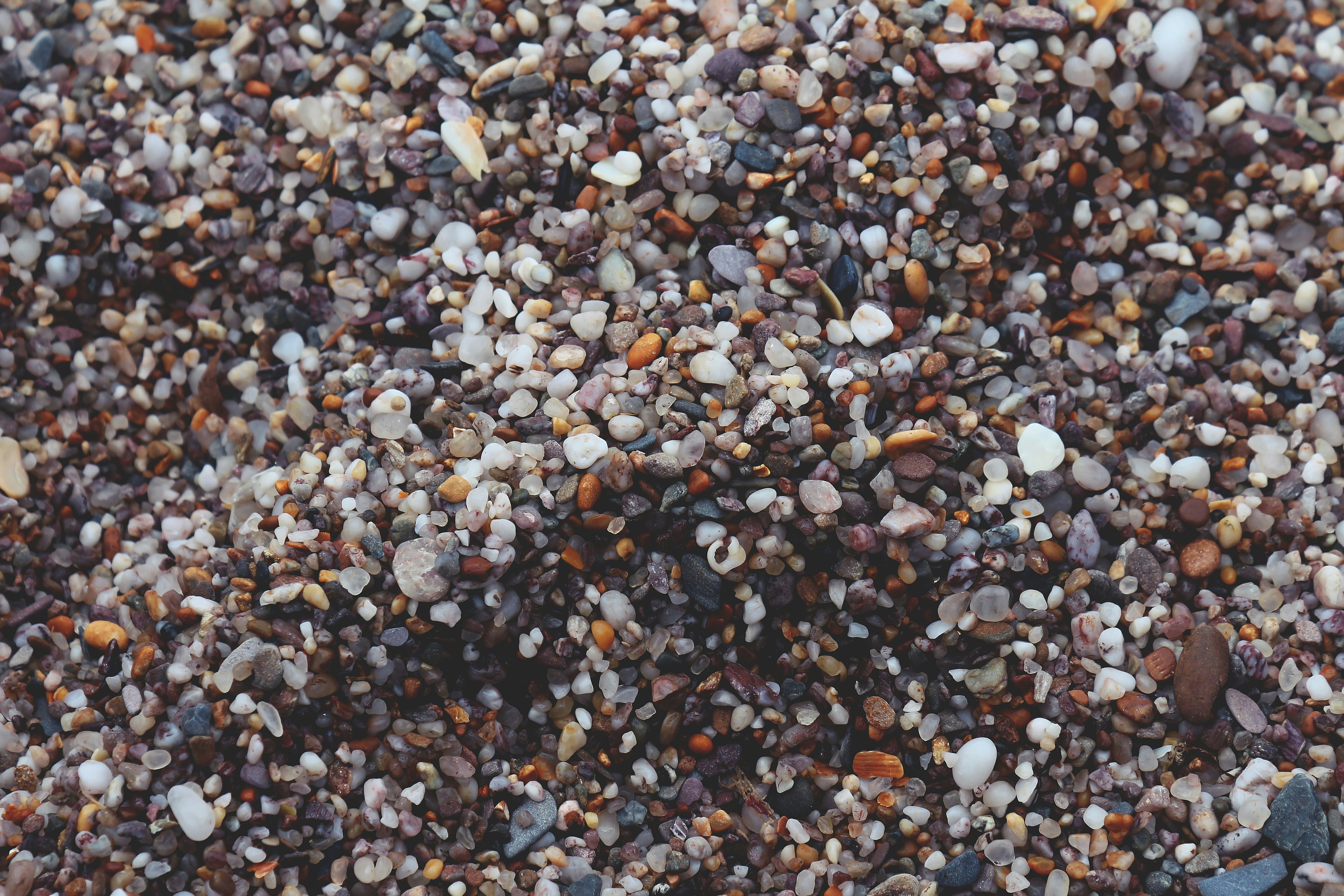Have you ever wondered about the link between oxalates and kidney stones? In this informative article, we will explore the connection between these two entities and shed light on what you need to know to better understand their relationship. Kidney stones can be a painful and uncomfortable condition, and understanding the role oxalates play in their formation can help you make informed decisions about your diet and lifestyle. So let’s dive in and explore the fascinating world of oxalates and kidney stones together.
What are Oxalates?
Oxalates are organic compounds that are found naturally in many foods. They are produced by plants as a defense mechanism against predators, and they can also be formed in the human body as a byproduct of certain metabolic processes. Oxalates are known to bind with minerals, particularly calcium, to form crystals. These crystals can then accumulate in the kidneys and contribute to the formation of kidney stones.
Definition of Oxalates
Oxalates are molecules that contain the oxalate ion, which consists of carbon, oxygen, and hydrogen atoms. The most common form of oxalate found in nature is calcium oxalate, which makes up the majority of kidney stones. Oxalates can be found in varying concentrations in a wide range of foods, including fruits, vegetables, nuts, and grains.
Sources of Oxalates in Diet
Oxalates are naturally present in many plant-based foods, and their concentration can vary widely depending on the specific food and its preparation method. Some high-oxalate foods include spinach, rhubarb, beet greens, and Swiss chard. Other moderate-oxalate foods include strawberries, nuts, tea, and chocolate. Low-oxalate foods include most meats, dairy products, and grains.
What are Kidney Stones?
Kidney stones, also known as renal calculi, are hard deposits that form in the kidneys. They can vary in size, ranging from tiny grains to larger stones that can cause significant pain and complications. Kidney stones are typically made up of crystals, with calcium oxalate being the most common type.
Definition of Kidney Stones
Kidney stones are solid masses that develop from the buildup of mineral and acid salts in the kidneys. They can form in one or both kidneys and can vary in size and shape. Kidney stones can range from being small and easily passable to large stones that require medical intervention for removal.
Types of Kidney Stones
There are different types of kidney stones, depending on their composition. The most common type, as mentioned earlier, is calcium oxalate stones. Other types include calcium phosphate stones, uric acid stones, and struvite stones. The type of kidney stone a person develops can depend on various factors, including their diet, genetics, and certain medical conditions.
How do Oxalates Contribute to Kidney Stones?
Oxalates play a significant role in the formation of certain types of kidney stones, particularly calcium oxalate stones. When the concentration of oxalates in the urine is high, the oxalate ions can bind with calcium ions, forming calcium oxalate crystals. These crystals can then clump together and form larger stones in the kidneys.
Oxalates and Calcium Oxalate Kidney Stones
Calcium oxalate stones, as the name suggests, are predominantly composed of calcium oxalate crystals. The presence of excess oxalates in the urine increases the risk of these crystals forming and subsequently contributing to the development of kidney stones. It is important to note that dietary oxalates alone may not be the sole cause of kidney stone formation, as other factors such as genetics and overall health can also play a role.
Formation of Kidney Stones
The formation of kidney stones typically begins with the crystallization of minerals and substances present in the urine. When the concentration of these substances, including oxalates, exceeds the saturation point in the urine, they can no longer remain in solution and start to solidify. Over time, these solid particles can grow larger, forming kidney stones. The size, shape, and composition of the stones can vary depending on several factors, such as the concentration of oxalates and other minerals in the urine.
Risk Factors for Kidney Stones
While the presence of oxalates in the diet is a contributing factor to kidney stone formation, there are several other risk factors to consider.
Genetic Predisposition
Certain individuals may have a genetic predisposition to form kidney stones. If there is a family history of kidney stones, the likelihood of developing them is generally higher.
Dehydration
Insufficient intake of fluids can lead to concentrated urine, which increases the risk of kidney stone formation. It is crucial to maintain proper hydration to dilute the urine and prevent the crystallization of minerals.
High Oxalate Diet
Consuming a diet that is high in oxalates can contribute to the formation of kidney stones. However, it is important to note that not everyone who consumes high-oxalate foods will develop kidney stones. Factors such as overall health and the presence of other risk factors also play a role.
Digestive Disorders
Certain digestive disorders, such as inflammatory bowel disease or gastric bypass surgery, can affect the absorption of calcium and increase the concentration of oxalates in the urine. This, in turn, can increase the risk of kidney stone formation.
Symptoms of Kidney Stones
The presence of kidney stones in the urinary system can lead to various symptoms. It is important to recognize these symptoms and seek medical attention if you suspect kidney stones.
Pain in the Abdomen or Back
One of the most common symptoms of kidney stones is severe pain in the abdomen or back. This pain is often described as intense, sharp, and colicky. The pain may come in waves and can be debilitating.
Blood in Urine
The presence of blood in the urine, known as hematuria, may occur due to the passage of kidney stones. The urine may appear pink, red, or brown, depending on the amount of blood present.
Frequent Urination
The presence of kidney stones can irritate the bladder, leading to frequent urination. This symptom is often accompanied by a sense of urgency and discomfort during urination.
Urinary Tract Infections
Kidney stones can increase the risk of urinary tract infections. Symptoms of a urinary tract infection may include pain or a burning sensation during urination, cloudy or foul-smelling urine, and a frequent urge to urinate.
Diagnosis of Kidney Stones
If you are experiencing symptoms suggestive of kidney stones, a healthcare professional will conduct various tests to diagnose and determine the size and location of the stones.
Medical History and Physical Examination
A thorough medical history and physical examination will be conducted to gather information about your symptoms, medical conditions, and risk factors. This information will help guide further diagnostic testing.
Imaging Tests
Imaging tests, such as a CT scan or an ultrasound, can provide detailed images of the kidneys and urinary tract. These tests can help identify the presence, size, and location of kidney stones.
Urinalysis
A urinalysis involves analyzing a urine sample to check for the presence of blood, minerals, and other substances that may indicate the presence of kidney stones. This test can provide important information about the composition of the stones and help guide treatment options.
Treatment for Kidney Stones
The treatment for kidney stones depends on various factors, including the size, location, and composition of the stones, as well as the severity of symptoms.
Small Kidney Stones
Small kidney stones that are less than 5 millimeters in size often pass spontaneously without medical intervention. Drinking plenty of fluids and using pain medications as prescribed by a healthcare professional can help alleviate symptoms and facilitate the passage of the stones.
Large or Complicated Kidney Stones
Larger stones or stones that cause severe symptoms may require medical intervention. Treatment options may include extracorporeal shock wave lithotripsy (ESWL), which uses sound waves to break the stones into smaller pieces, or surgical intervention to remove or fragment the stones.
Prevention of Kidney Stones
While some risk factors for kidney stones, such as genetics, cannot be controlled, there are steps you can take to reduce the risk of developing kidney stones.
Hydration
Maintaining proper hydration is crucial in preventing the formation of kidney stones. Drinking an adequate amount of water throughout the day can help dilute the urine and flush out minerals, reducing the risk of crystallization and stone formation.
Limiting Oxalate Intake
For individuals prone to calcium oxalate stones, it may be beneficial to limit the intake of high-oxalate foods. However, it is important to note that completely eliminating oxalates from the diet is not necessary or recommended. Instead, moderation and balance are key.
Calcium Consumption
Contrary to common misconceptions, adequate calcium intake can actually help prevent the formation of kidney stones. Calcium binds with oxalates in the digestive system, reducing their absorption and subsequent excretion in the urine. It is important to consult with a healthcare professional to determine the appropriate amount of dietary calcium for your specific needs.
Medical Interventions
In certain cases, individuals with a high risk of recurring kidney stones may benefit from medical interventions. These interventions may include the use of medications that help prevent the formation of stones or the modification of specific dietary factors based on individual needs.
Oxalate Content in Common Foods
It is helpful to be aware of the oxalate content in various foods when considering dietary modifications to reduce the risk of kidney stone formation.
High Oxalate Foods
Some foods have a higher oxalate content and may need to be limited in individuals prone to kidney stones. Examples of high-oxalate foods include spinach, rhubarb, beet greens, Swiss chard, and certain nuts and seeds.
Moderate Oxalate Foods
Moderate-oxalate foods contain less oxalate compared to high-oxalate foods but may still need to be consumed in moderation. Examples of moderate-oxalate foods include strawberries, almonds, cashews, tea, and chocolate.
Low Oxalate Foods
Low-oxalate foods are generally safe to consume in larger quantities. These include most meats, dairy products, grains, and certain fruits and vegetables, such as apples, pears, carrots, and cucumbers.
Managing a Low Oxalate Diet
For individuals who have been advised to follow a low oxalate diet, there are guidelines and strategies to help incorporate this dietary modification effectively.
Guidelines for a Low Oxalate Diet
Guidelines for a low oxalate diet generally involve limiting or avoiding high-oxalate foods, while still maintaining a balanced and nutritious diet. It is essential to work with a healthcare professional or registered dietitian to ensure that the diet is appropriate for individual needs and to avoid potential nutrient deficiencies.
Meal Planning and Food Substitutions
Meal planning and utilizing food substitutions can make following a low oxalate diet more manageable. This can involve finding alternative sources of nutrients and incorporating a variety of low-oxalate foods into meals and snacks. Experimenting with different cooking methods and recipes can also add variety and enjoyment to the diet.
In conclusion, understanding the connection between oxalates and kidney stones is essential in managing and preventing these painful and potentially serious conditions. While oxalates play a role in the formation of certain types of kidney stones, it is important to approach dietary modifications and treatment options in consultation with a healthcare professional. By implementing lifestyle changes, managing risk factors, and making informed dietary choices, you can reduce the risk of kidney stone formation and promote overall kidney health. Remember, maintaining proper hydration, limiting high-oxalate foods, and following any prescribed medical interventions are key components in preventing kidney stones.




